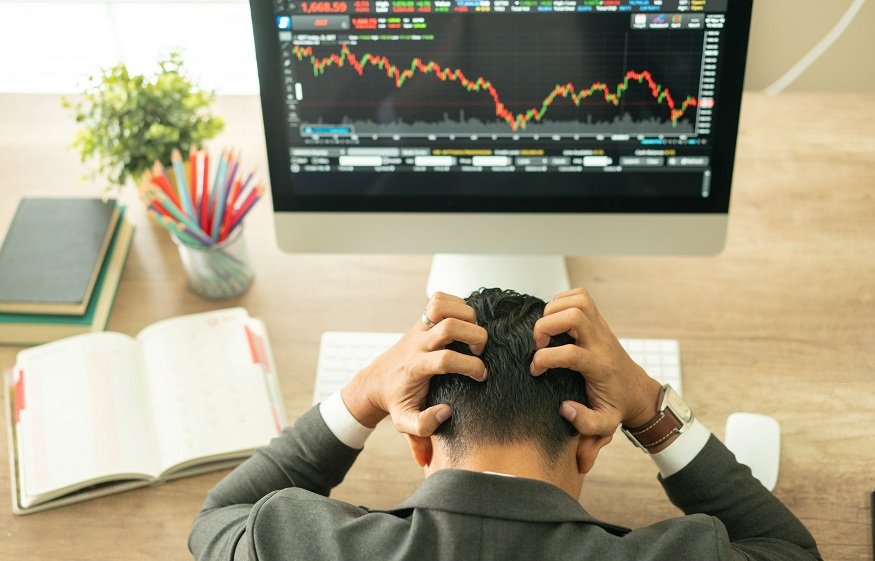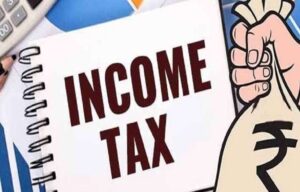Most of us are intimidated by an economic recession. A slowing economy, high unemployment, low production and general economic slowdown are things we don’t want. However, sometimes they are unavoidable .
Recent studies show that around 70% of Canadians think a recession is imminent, while 20% insist that it has already happened. Regardless of the data, if a recession were to occur, how long would it last and how would it affect Canada’s economy? What does this mean for Canadians and their money?
We can’t say how long it will take for the economy to come out of a recession, but looking on the bright side, the recession will eventually end. What matters is to be ready before it begins.
How long do economic recessions last?
It is the result of a contraction in the economy and is usually accompanied by a reduction in the employment rate, an increase in prices, a drop in stocks and many other negative financial situations for the government.
An economic recession ends when there is significant growth in the economy and not when the economy returns to its original state before the recession. But how long does a recession last? Depending on multiple factors, the length of a recession can vary.
The most important thing here is to keep and properly manage your stocks and all your other financial assets. Now, how to go about it? How to survive a recession? Here we’ll look at how long a recession lasts, what causes it, and how to survive it. But before that, it is necessary to better understand what an economic recession is.
What is a recession?
We talk about an economic recession when there is a contraction of the country’s financial system for two consecutive quarters. Recessions are declared by the National Bureau of Economic Research (NBER), which determines them by examining certain signs in the economy.
How does a recession affect the stock market?
The stock market is determined by how the economy is expected to perform over a given period, usually six months to a year. And stocks are usually down during a recession. Although you probably can’t predict when the next recession will begin, it’s wise to consider how it might affect your stock portfolio.
In the past, the stock market has followed this general trend: towards the end of a recession, it reaches its lowest point and begins to recover when the economy improves.
During recessions, it’s a good idea to take a close look at your portfolio to determine what to do with your investments . As an investor, you can review your overall asset allocation to ensure it is balanced and diversified.
Additionally, investors are better off looking for companies with strong balance sheets, steady cash flow, and healthy growth avenues that can withstand short-term volatility.These companies are usually those that provide services and products that we cannot live without, such as food manufacturers, healthcare companies, telecommunications services, internet service providers, etc.
The causes of a recession
Normally, it is difficult to know when the economy is in recession, let alone what the causes are. Determining the causes of a recession is not impossible, but it is not an easy task either. For starters, different periods of recession have different depths and degrees. However, they generally have one thing in common: an external shock in the economy, which can come from demand or supply. In addition, the NBER has identified other factors responsible for a recession. Below are the factors that usually cause a recession.
A shock in the economy
An unpredictable event with a significant impact can cause disruption to a nation’s economy. Natural disasters, pandemics and terrorist attacks are examples of such events. The last recession we experienced was caused by a pandemic, the COVID-19 epidemic.
Bubbles
Asset bubbles involve a rapid increase in the prices of investments (real estate, stocks, etc.) beyond their fundamentals. The rapid price increase is preceded by an exaggerated and inflated demand that eventually disappears. This is where the bubble bursts. As a result, a lot of money is lost, and the victims of this loss lose confidence. To recover and balance the lost money, people drastically reduce their spending, which leads to a recession.
Deflation
Deflation occurs when there is a huge drop in the prices of assets and commodities due to a decrease in demand. Deflation is the opposite of inflation. It is commonly accepted that a drop in demand leads to a drop in prices. Manufacturers do this to attract consumers. When consumers notice a downward trend in demand, they wait for prices to drop. This further reduces demand. The continuing downward trend is reducing economic activities and forcing employers to lay off staff, leading to a rise in the unemployment rate. The result is a slowdown in economic activity and a higher unemployment rate. Knock Knock! Guess who it is? Recession.



